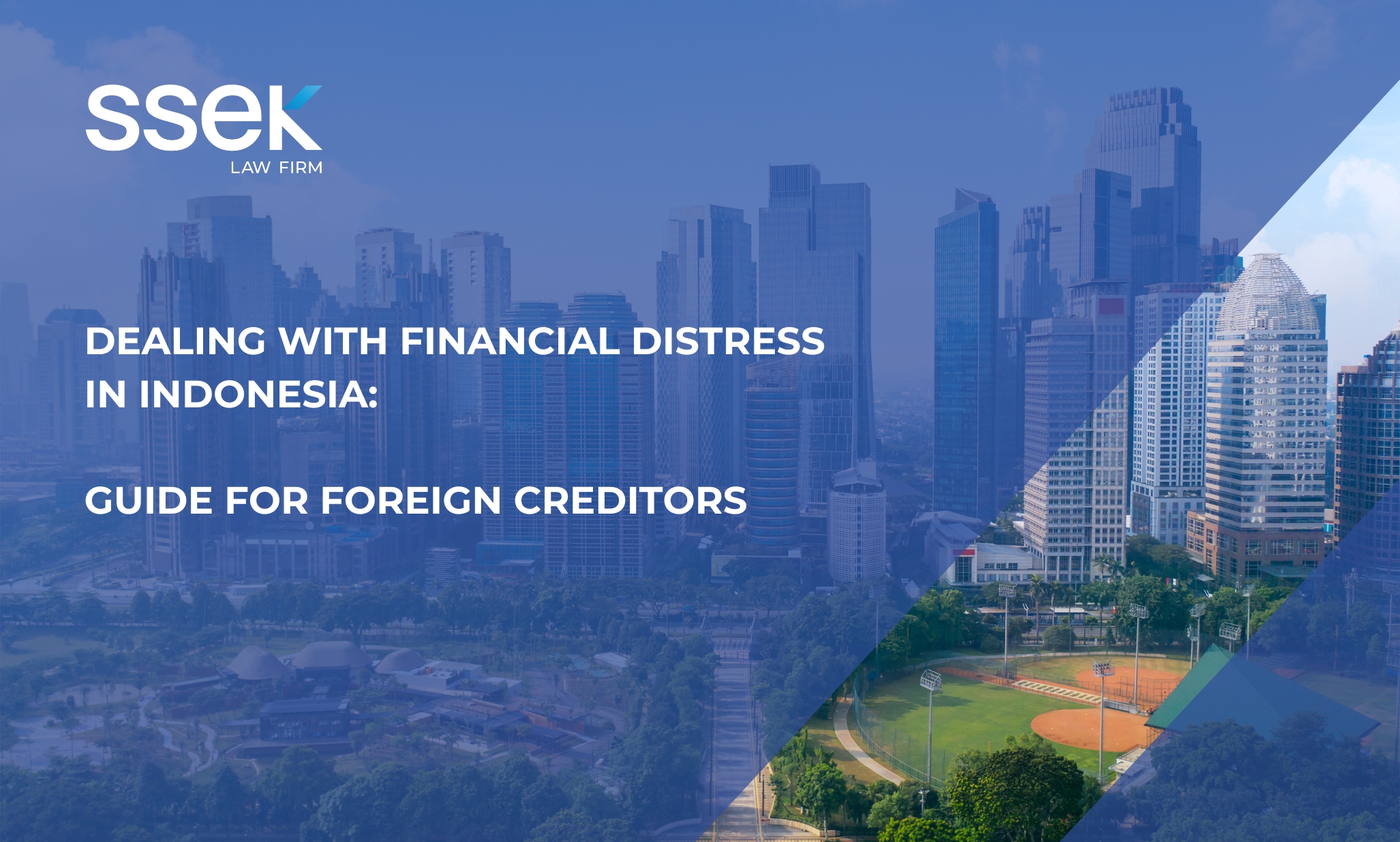

The Indonesian Supreme Court has issued Circular Letter Number 1 of 2020, dated March 23, 2020, regarding Adjustment of the Working System for Judges and Court Apparatus in an Effort to Prevent the Spread of COVID-19 at the Supreme Court and Subordinate Courts (the "Circular Letter").
The Circular Letter gives courts the discretion to postpone hearings or restrict those who can attend hearings, as part of social distancing efforts in response to COVID-19. The Circular Letter also encourages parties in civil, religious and state administrative proceedings to utilize the e-litigation application system that the courts recently launched.
And on April 13, 2020, the Supreme Court, the Attorney General's Office and the Ministry of Law and Human Rights executed a Memorandum of Understanding on the Implementation of Trials by Teleconference (the "MOU").
This MOU is intended to optimize, effectuate and ensure safety in holding criminal trials by teleconference.
The following are the authorities and responsibilities of each institution according to the MOU:
Supreme Court
- Carry out duties and functions in conducting trials in accordance with the prevailing laws and regulations;
- Provide adequate supporting facilities and infrastructure for the purpose of holding trials by teleconference at district courts;
- Monitor and evaluate the implementation of trials by teleconference.
Attorney General's Office
- Carry out duties and functions as a prosecutor in accordance with the prevailing laws and regulations;
- Provide adequate supporting facilities and infrastructure for the purpose of holding trials by teleconference at the Attorney General's Office;
- Monitor and evaluate the implementation of trials by teleconference.
Ministry of Law and Human Rights
- Carry out duties and functions in the correctional field in accordance with the prevailing laws and regulations;
- Prepare prisoners who are defendants/witnesses in teleconference trials at detention/prison facilities;
- Provide adequate supporting facilities and infrastructure for the purpose of holding trials by teleconference;
- Maintain order, safety and respect during trial proceedings in accordance with the prevailing code of conduct for criminal trials;
- Monitor and evaluate the implementation of trials by teleconference.
Any matters not yet been stipulated in this MOU will be stipulated by these three institutions in the form of an addendum, which shall be considered an inseparable part of the MOU. As of the date of this writing, several courts in Indonesia have implemented criminal trial hearings by teleconference in response to the COVID-19 outbreak.
This publication is intended for informational purposes only and does not constitute legal advice. Any reliance on the material contained herein is at the user\'s own risk. You should contact a lawyer in your jurisdiction if you require legal advice. All SSEK publications are copyrighted and may not be reproduced without the express written consent of SSEK.









